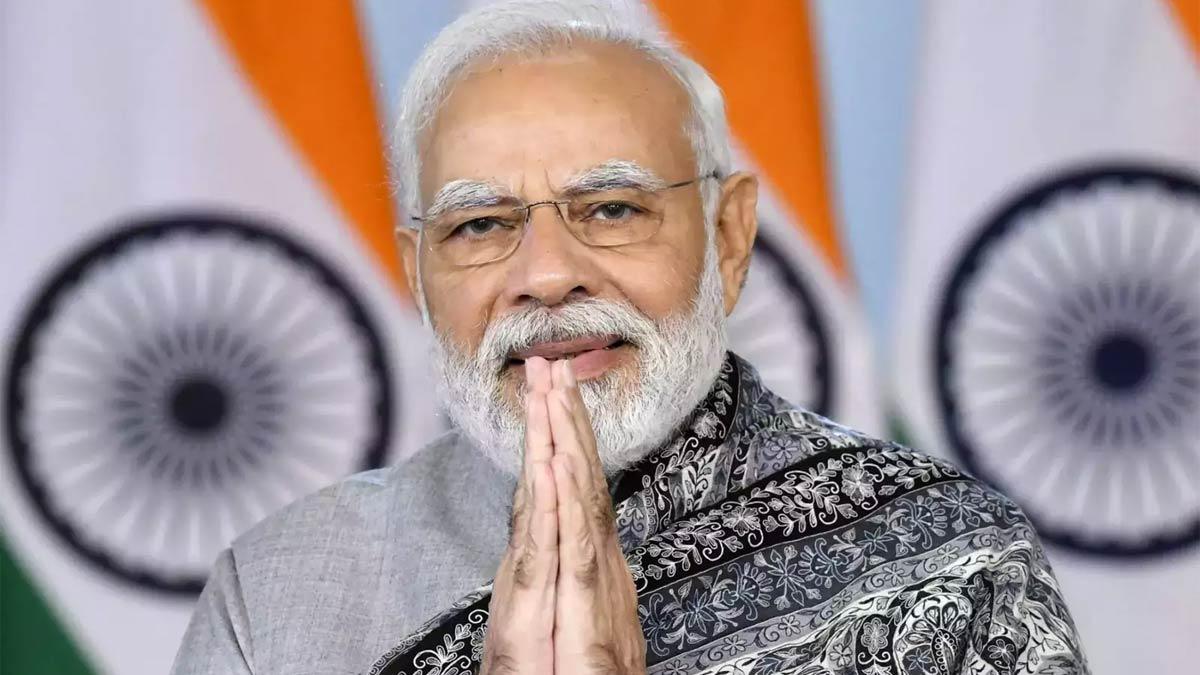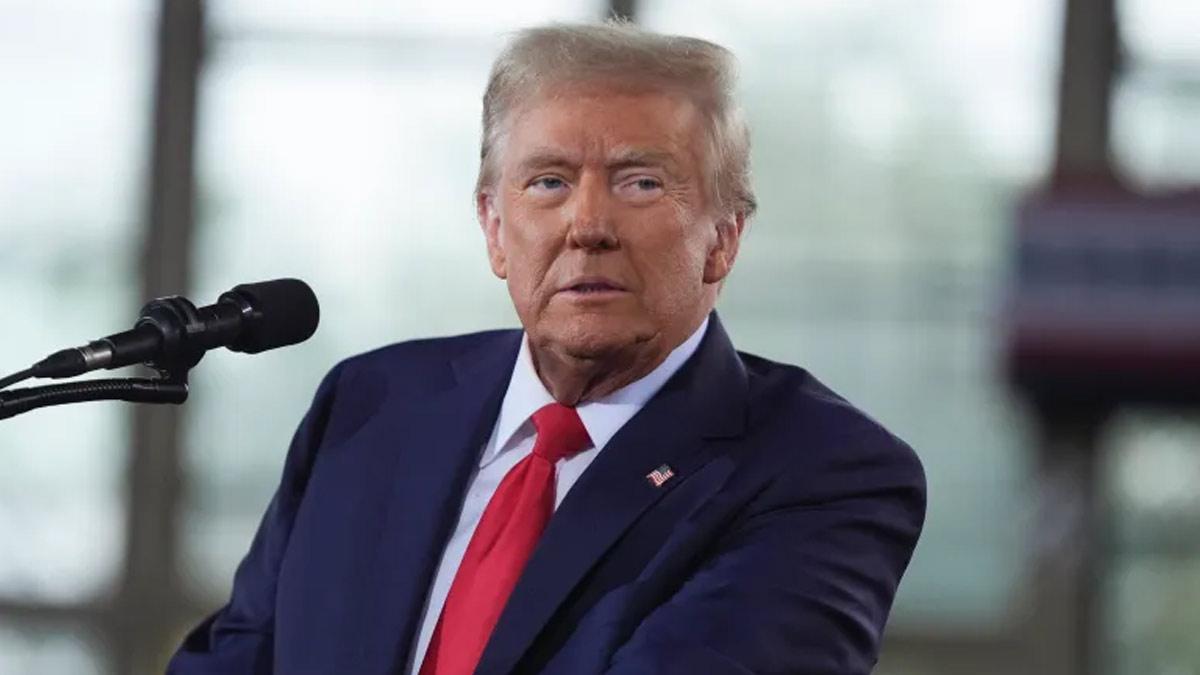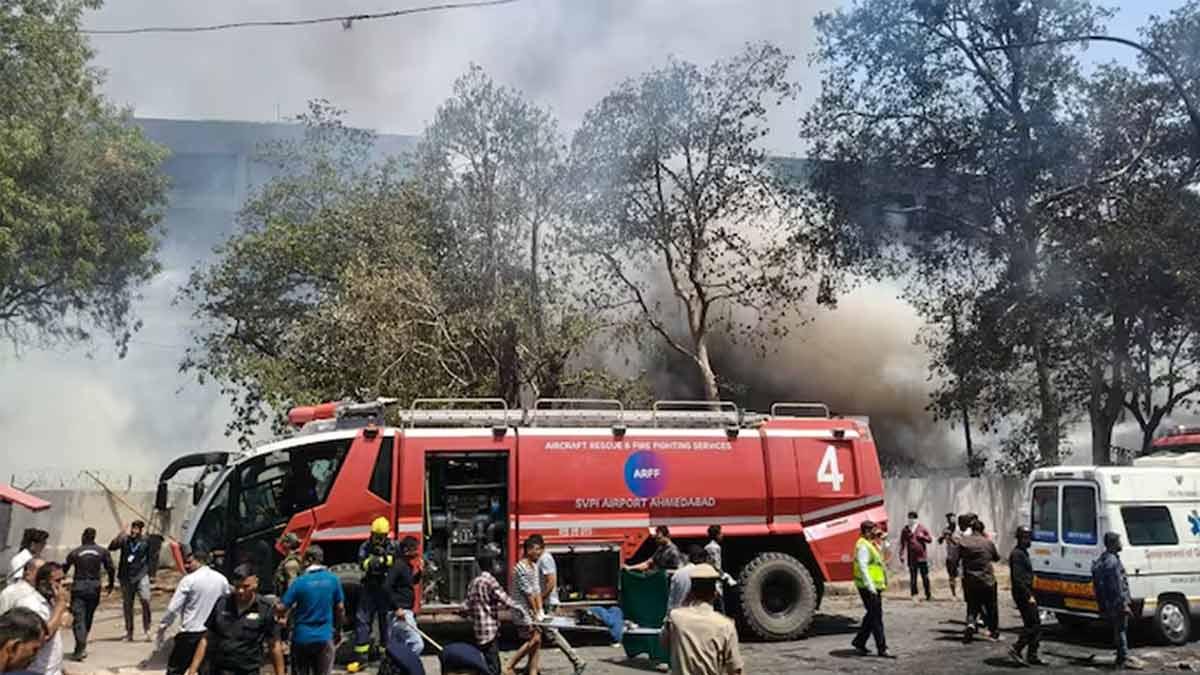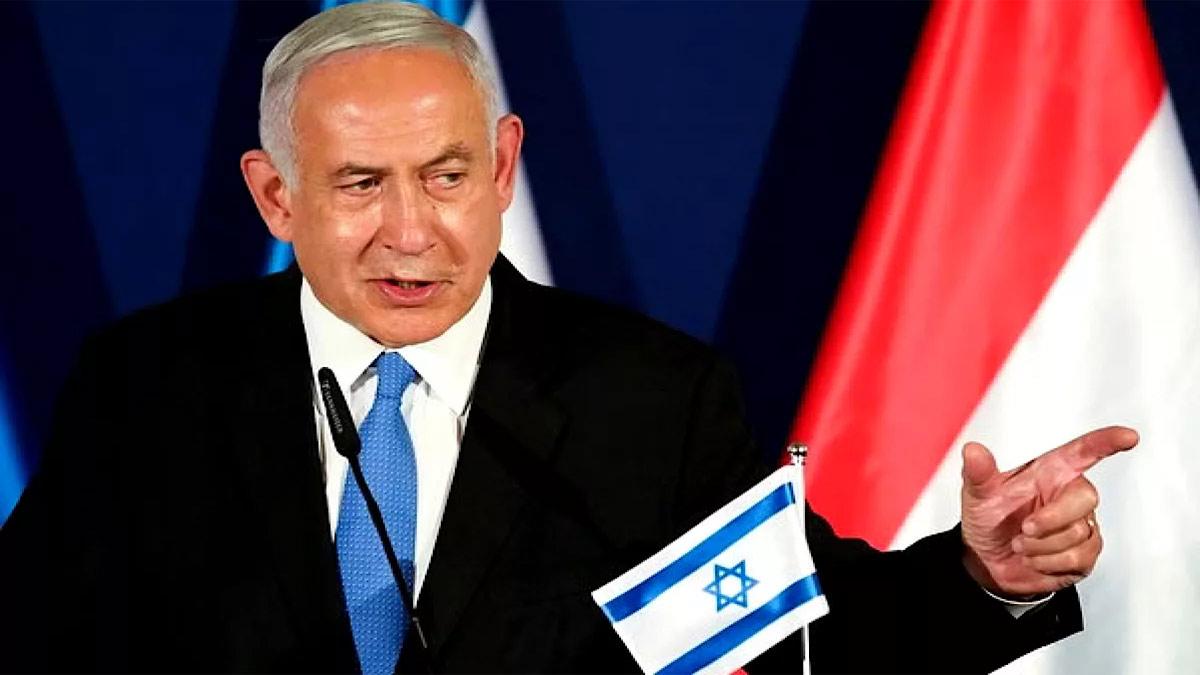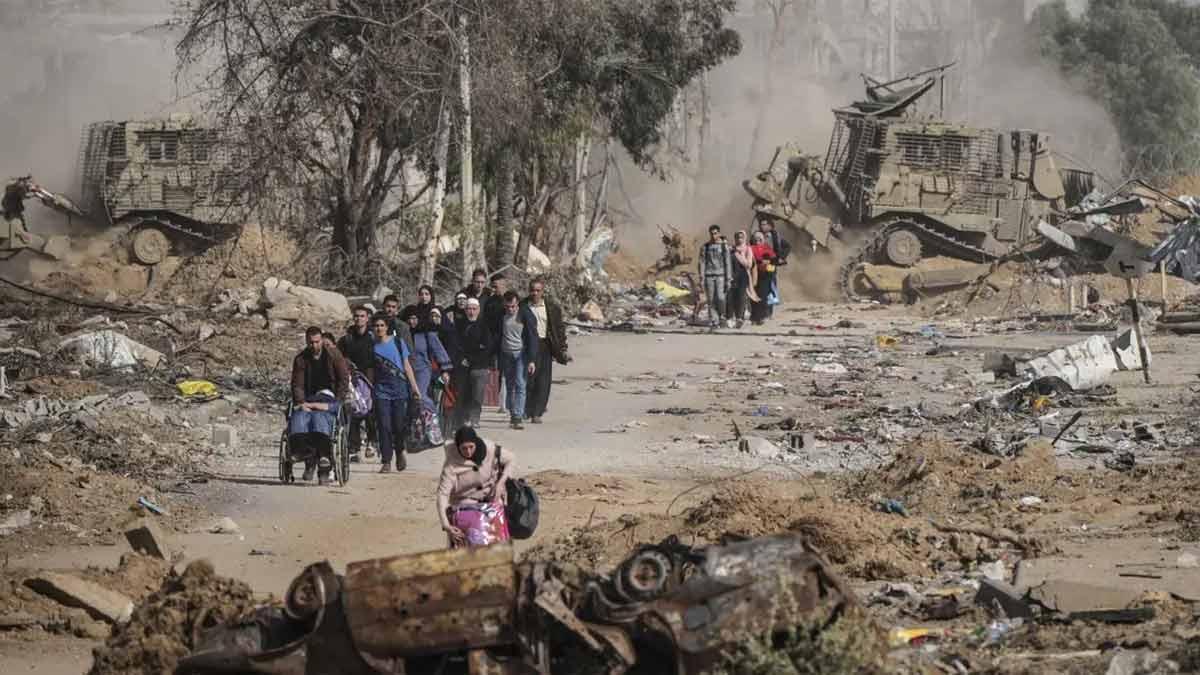The interim government of Bangladesh, led by Muhammad Yunus, is set to participate in the 6th BIMSTEC (Bay of Bengal Initiative for Multi-Sectoral Technical and Economic Cooperation) summit in Bangkok, Thailand, from April 2-4.
This summit presents a potential opportunity for Yunus and Indian Prime Minister Narendra Modi to meet face-to-face for the first time, although no formal confirmation has been made yet, according to a report by Prothom Alo, a leading Bangladeshi newspaper.
During the summit, Bangladesh is expected to assume the chairmanship of BIMSTEC, a role that will enable the country to guide the organization and strengthen collaboration among its member states. BIMSTEC Secretary General Indra Mani Pandey emphasized the significance of this position, stating that it allows Bangladesh to reaffirm its commitment to global cooperation, as reported by The Dhaka Tribune.
The summit, hosted by Thailand in Bangkok, marks an important gathering for BIMSTEC, a regional alliance formed in 1997 through the Bangkok Declaration. Initially named BIST-EC (Bangladesh-India-Sri Lanka-Thailand Economic Cooperation), the bloc expanded with Myanmar joining in December 1997, followed by Bhutan and Nepal in February 2004, bringing the total membership to seven nations.
Often viewed as an alternative to the South Asian Association for Regional Cooperation (SAARC), BIMSTEC has gained prominence, especially as SAARC remains largely inactive. India has been instrumental in revitalizing BIMSTEC as part of its broader Act East Policy, which aims to enhance economic, strategic, and cultural ties across Southeast Asia.
A possible meeting between Yunus and Modi carries significant diplomatic weight, particularly in light of recent tensions between India and Bangladesh.
Relations between the two neighbors have deteriorated sharply following the ousting of former Prime Minister Sheikh Hasina in an orchestrated coup on August 5 last year. Since then, Hasina has been residing in India, while Muhammad Yunus has taken charge as the Chief Advisor of Bangladesh's interim administration. This political shift has led to a noticeable strain in Indo-Bangladeshi ties.
The situation in Bangladesh has further escalated with reports of mob violence, vandalism, and attacks on Hindu minorities under the interim regime, deepening the diplomatic rift between the two nations.
Given these challenges, the BIMSTEC summit is being viewed as a crucial platform to mend ties and address ongoing diplomatic differences. However, the success of any reconciliation efforts will largely depend on the interim government’s actions toward restoring democracy and ensuring the protection of minority communities.
Read also| Trump Suspends US Foreign Corruption Act; Adani Group Stocks Soar
Read also| Bangladesh Chief Adviser Yunus Assures BNP of Elections by December

